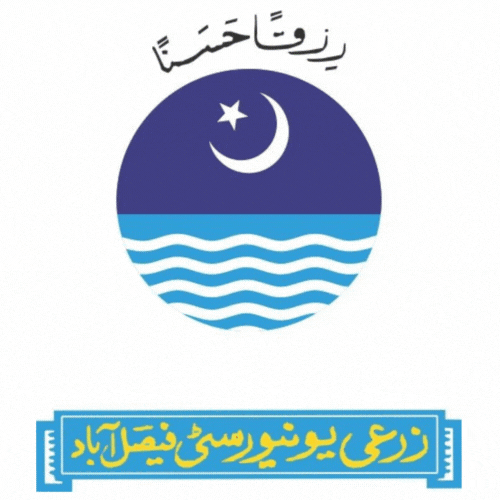
The University of Agriculture Faisalabad scientists have developed an indigenous vaccine to save poultry birds from Newcastle disease (Rani Khaet), a major poultry killing disease that causes billion of rupees loses to the sector.
The University of Agriculture Faisalabad scientists have developed an indigenous vaccine to save poultry birds from Newcastle disease (Rani Khaet), a major poultry killing disease that causes billion of rupees loses to the sector. It is the first of its kind vaccine produced through cell culture for the disease that can bear the temperature upto 26oC compared to imported vaccines which can’t tolerate the temperate more than 8oC and are supposed to be kept under constant cool chain right from port to its ultimate usage. It is comparatively cheaper than imported one and would help the country save billion of rupees annually on importing the vaccine and its temperature maintenance through constant cool storage. It was divulged at a concluding workshop of research project PARB-320 arranged by Institute of Microbiology. The session was chaired by UAF Vice Chancellor Prof Dr Iqrar Ahmad Khan while Punjab Agricultural Research Board Chief Executive Noor ul Islam Khan was the chief guest on the occasion. The vaccine was developed under a project titled Preparation and Field Evaluation of thermostable Newcastle Disease Vaccine funded by PARB and was carried out by Dr Shahid Mahmood, Dr Iftikhar Hussain and Dr Faisal Saddiq. Addressing on the occasion, the UAF Vice Chancellor said that poultry, after cotton, has emerged as the second largest industry of the county employing millions of people with around one billion birds countrywide. He said that the new vaccine (ThermoVac) of longer shelf life in normal temperature will not only help save billion of rupees but also increase the productivity and profit of farmers. He said that under another project funded by PARB, UAF have identified ten new indigenous varieties of mango. He was of the view that the country was importing 90 percent vaccine of animal diseases whereas local production coverage is only ten percent. PARB Chief Executive Dr Noor ul Islam, while praising the role of UAF, said that the researchers should come up with solutions of the industry and to address the issues of the masses. He said that development of such vaccine was the need of the hour and a soothing outcome of applied research and product development that will solve the problems of poultry farmers. He said that PARB is taking all-out efforts to promote such demand driven applied research based activities. He offered the cooperation of the office to extend or run the Phase 2 of the project to work on further advancements in the vaccine. Dean Faculty of Veterinary Sciences Prof Dr Zafar Iqbal Randhawa said that the contribution of the poultry in agriculture and livestock is 6.4 percent and 11.5 percent respectively and the poultry contributes 28.5 percent in the meat production. He said that the faculty was making all possible measures to ensure the quality education and research. Institute of Microbiology Director Dr Iftikhar Hussain said that Newcastle disease was the major threat to the poultry casing billion of rupees loses every year. He said that imported vaccines are heat liable, need constant cold chain, resulting in high cost and limiting its efficacy. He said that the UAF developed vaccine is much compatible to our climate that can bear the temperature upto 26oC. Dr Shahid Mahmood said that in Pakistan, imported vaccine of poultry birds hampered by many reasons including load shedding, poor cold chain, high temperature etc whereas the UAF developed vaccine maintains the activity at 28oC for six to eight weeks and 4-8oC for one year. He said that the commercialization of the product would help the farmers to deal with the disease with more efficiency on the cheaper cost. Dr.

